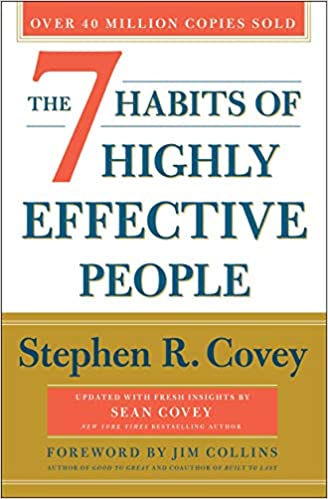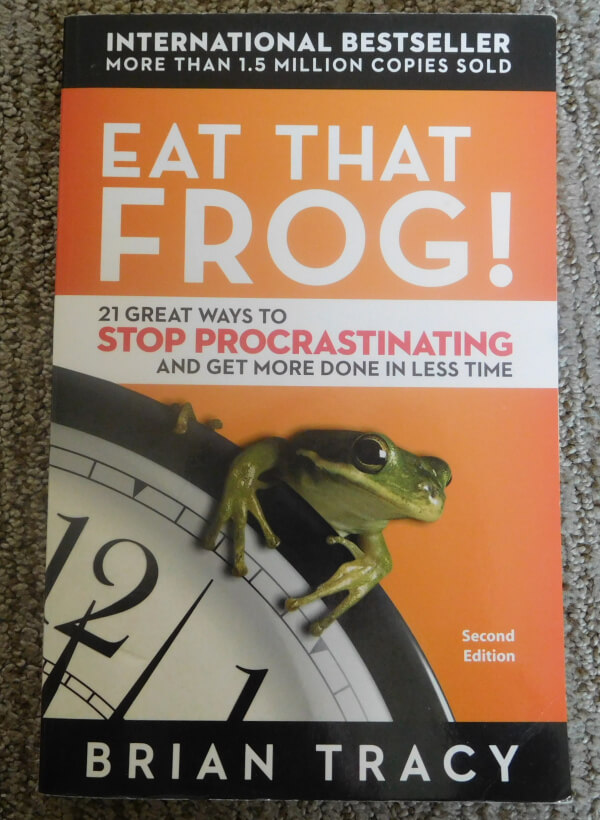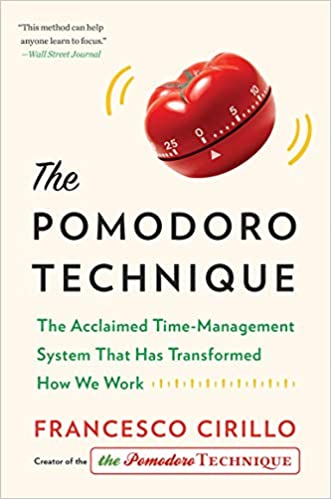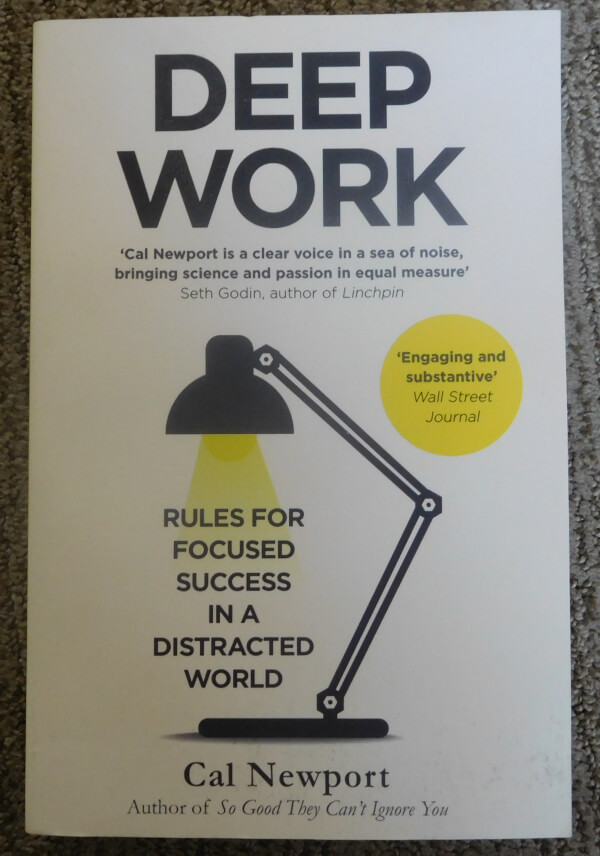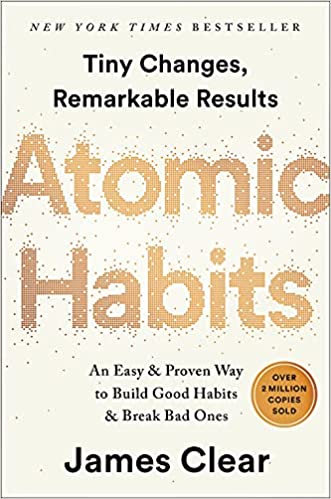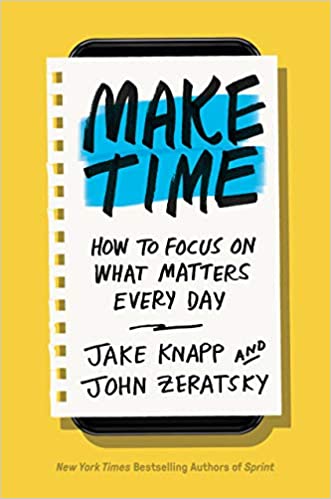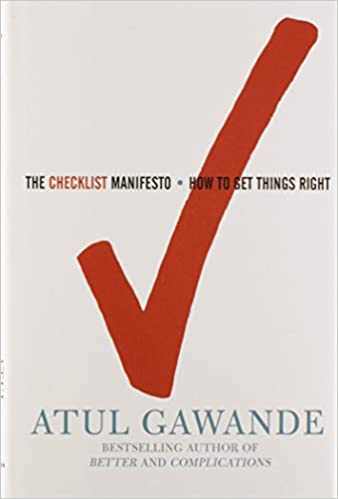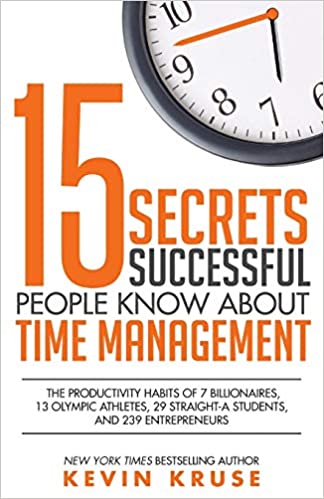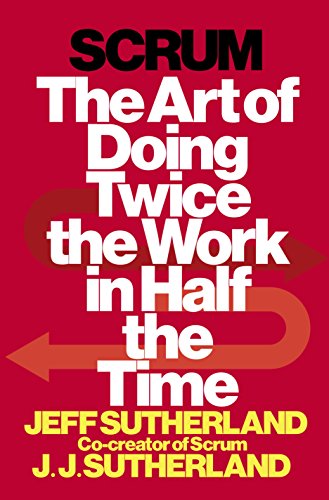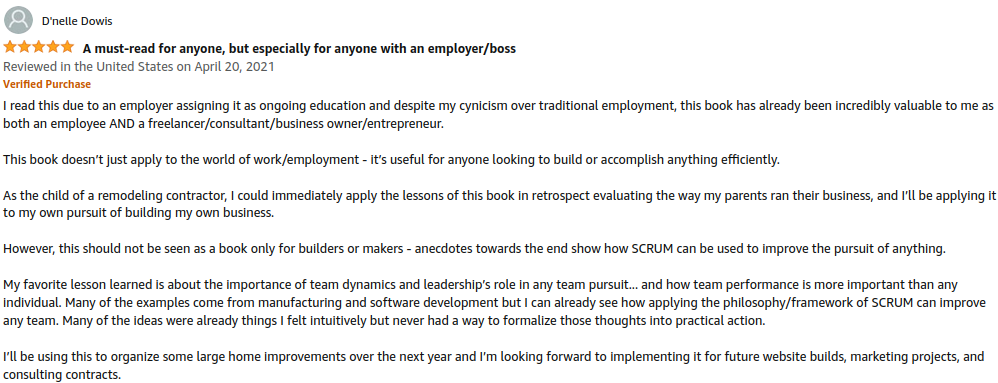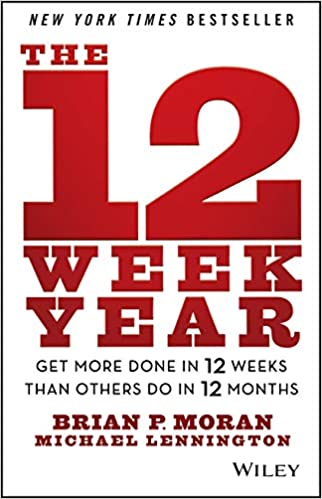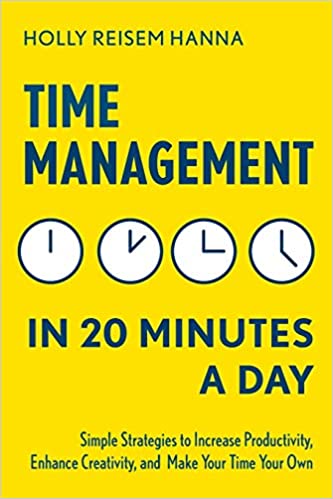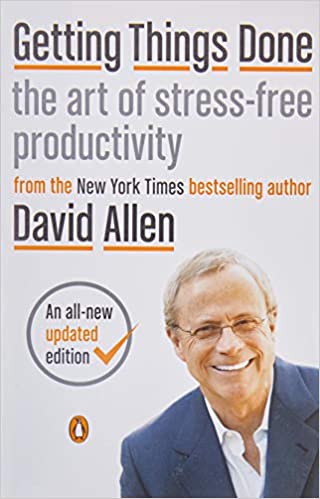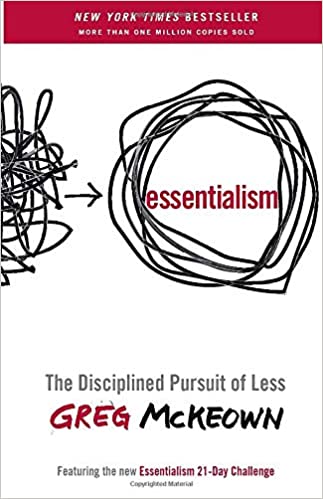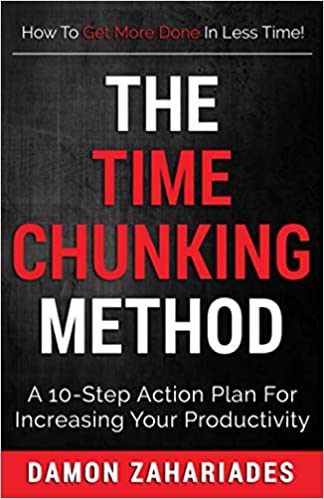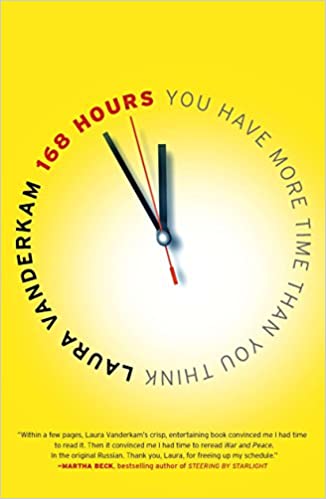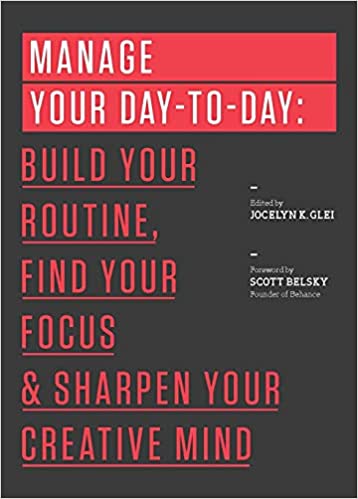Table of Contents
“Time is what we want most, but what we spend worst.” – William Penn
What is time management?
Time management is the process of organizing your time into manageable chunks based on what you need to get done throughout the day.
But with so many distractions, it can be hard to stay on task:

Luckily, there are plenty of books to guide us to effective time management so we can get back to what’s most important…
- JavaScript programming
- debugging that Ruby on Rails app
- setting up your Java IDE
- banging out that last Docker quiz on Educative
And more.
But what are the best time management books?
We’ve done a loooooot of reading over here. Then we curated this list of the 15 best time management books out there.
The 5-star reviews of these books range from a hundred or so to almost 50,000!
So whether you’re a Python programmer, a JavaScript newbie or a senior software developer, these are some of the best time management books for just about anyone.
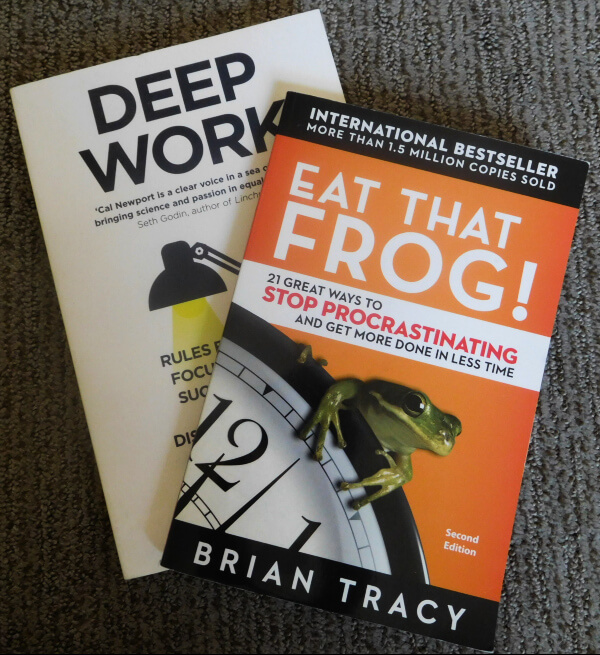
And while these are all good books, we couldn’t help but pick out our personal favorites…
This post contains affiliate links. I may receive compensation if you buy something. Read my disclosure for more details.
TLDR: Best Time Management Books
🔥 Best Overall 🔥
The 7 Habits of Highly Effective People
💸 Best Value 💸
Eat That Frog!: 21 Great Ways to Stop Procrastinating and Get More Done in Less Time
💥 Best for Techies 💥
The Pomodoro Technique: The Acclaimed Time-Management System That Has Transformed How We Work
Best Time Management Books
1. The 7 Habits of Highly Effective People
The 7 Habits of Highly Effective People is one of the best time management books of all time (at least we think so).
↘️ Ideal for: personal and professional situations
↘️ Topics covered: productivity, organization
With over 40 million copies sold, The 7 Habits of Highly Effective People is doing something right. It’s more than just a time management book: it’s a time management book that works.
Centering on productivity and organization, you’ll find 7 habits that are used consistently by successful people:
- being productive
- beginning with the end in mind
- putting first things first
- thinking in a win/win format
- seeking understanding
- synergizing
- “sharpening the saw“
7 Habits of Highly Effective People will take your time management to the next level with 7 practical, actionable steps.
7 Habits of Highly Effective People changed Allison’s life for the better:
I transformed my life with the help of these 7 habits.
– Allison, A Highly Effective Person
📹 To learn more about time management, check out the video course Work Smarter, Not Harder: Time Management for Personal & Professional Productivity on Coursera.
2. Eat That Frog!: 21 Great Ways to Stop Procrastinating and Get More Done in Less Time 🐸
The true measure of the value of any business leader and manager is performance.
– Brian Tracy, Author and Motivational Speaker
↘️ Ideal for: personal and professional procrastinators, web developers, programmers
↘️ Topics covered: decision, discipline, determination
Eat That Frog! was written by renowned author and motivational speaker Brian Tracy. The book is based on the old adage that if you eat a frog first thing in the morning, that’s the worst thing you’ll have to do that day.
Eat That Frog! teaches you how to eat the metaphorical frog that would otherwise be nagging you throughout your day, hindering your progress on other tasks.
You’ll learn how to organize your frogs from largest to smallest, and how to gobble them with aplomb. You’ll approach time management with:
- decision
- discipline
- determination
🐸 Eat That Frog! takes a fun approach to time management where you’ll work on plenty of exercises (and eat piles of frogs). 🐸🐸🐸
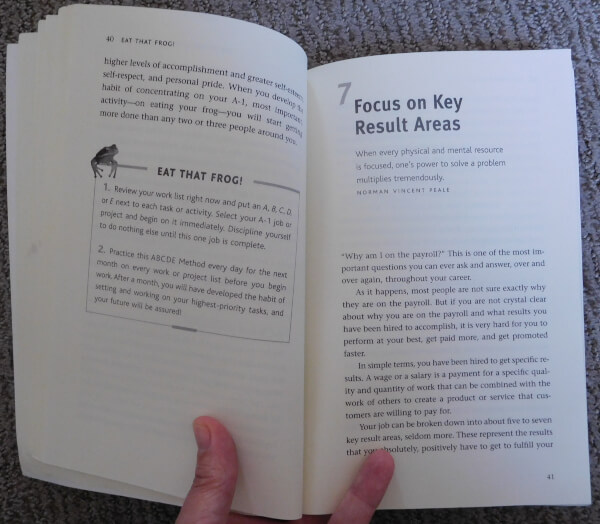
🔥 Geena’s Hot Take
Eat that Frog! is my favorite time management book of ALL TIME.
I was in a rut last year when I switched from a factory job to a cushy position working from home full-time.
Now that I didn’t have to leave my living room, there was the illusion that time was more abundant than ever. This led to me, among other things, slacking off.
Eat That Frog! pushed me in the right direction, and in a FUN and ENGAGING way. It changed the way I look at time on a day to day basis.
I recommend Eat That Frog! a hundred times over. 🐸
🐸 If you want to keep track of your progress (frogress?), Eat that Frog! has a companion action notebook.
3. The Pomodoro Technique: The Acclaimed Time-Management System That Has Transformed How We Work
The Pomodoro Technique is one of the best time management books for people who work better in short bursts.
🎵 Listen to RealToughCandy’s Electric Pomodoro EP. It’s an album she produced that doubles as a pomdoro timer.🎶
↘️ Ideal for: people with short attention spans, web developers, programmers, software developers, project managers
↘️ Topics covered: the Pomodoro technique
If you’re in tech, there’s a very good chance you’ve heard of The Pomodoro Technique, a system for improving productivity. The idea is that you simply work for 25 minutes, then take a 5 minute break.
Repeat.
You’ll find programmers from here to FAANG paradise (Silicon Valley) regularly using the Pomodoro technique.
Fun fact: The Pomodoro technique got me through learning HTML & CSS.
The book also uncovers 5 underlying techniques:
- planning
- tracking
- recording
- processing
- visualizing
The Pomodoro Technique is ideal for people who seek short bursts of time management.
Samphy likes the simplicity of The Pomodoro Technique:
It’s probably the most simple time management technique out there.
– Samphy Y, Pomodoro afficionado
🍅 Serious about the Pomodoro technique? Pick up a tomato-shaped Pomodoro timer.
4. Deep Work: Rules for Focused Success in a Distracted World
Deep Work is one of the best time management books out there for those committed to deep, uninterrupted work.
↘️ Ideal for: readers dedicated to taking the next step, code newbies
↘️ Topics covered: deep work, quitting social media
Deep Work is not a light read. It’s for professionals that are serious about cutting out distractions and getting to work. We’re talking all the way up to and including quitting social media… but that you should also embrace boredom?
It’s a tough read but if you’re dedicated, it works.
I should know: it’s one of my favorite time management books. It actually helped me focus more deeply on learning programming fundamentals. In fact, Deep Work even mentions Ruby on Rails. I mean, it’s no jQuery, but what is?
Deep Work is a serious approach to cultivating a deep work ethic which can be very useful for aspiring FAANG developers.
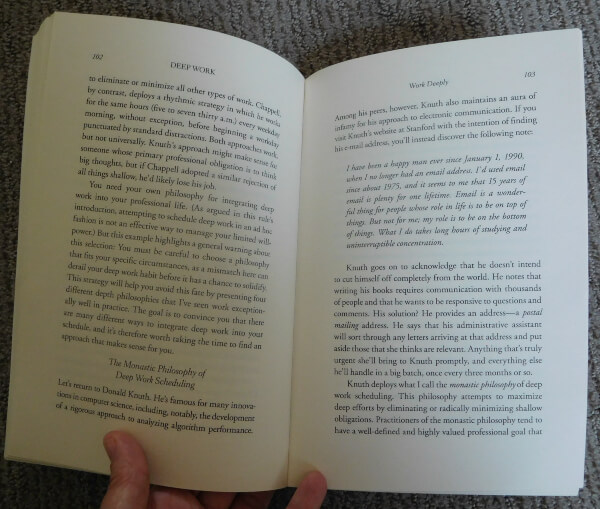
📹 For more on time management for developers, check out the video course Prioritizing Tasks and Managing Time for Greater Productivity on Pluralsight.
5. Atomic Habits: An Easy & Proven Way to Build Good Habits & Break Bad Ones
↘️ Ideal for: habit-based people, seasoned programmers
↘️ Topics covered: creating good habits, productivity, motivation
Now hold onto your britches people, because Atomic Habits has almost 50 THOUSAND 5-star reviews and has sold over 2 million copies.
Atomic Habits takes a unique approach to time management and habits. Instead of kicking your bad habits (which we all know is incredibly hard to do), you’ll create new habits to gently push out your existing ones.
With this approach, time management will be in your favor because you’ll:
- gain motivation
- optimize your environment
- easily get back on track
And beyond.
This is especially useful when you’re preparing for your FAANG interview on AlgoExpert.
Atomic Habits taps into time management by developing positive habits.
6. Make Time: How to Focus on What Matters Every Day
↘️ Ideal for: overly busy people, software developers, web developers
↘️ Topics covered: sprints, tips, strategies
Make Time is based off of sprint methodology. Only instead of using a 5-day window, you’ll use a 4-day framework to optimize your energy, focus and time.
And instead of a one-size-fits-all approach, you’ll create a customized set of strategies to accommodate your lifestyle.
As opposed to a major lifestyle overhaul, Make Time focuses on making small environmental changes to alleviate distractions.
So don’t worry, you won’t be expected to suddenly go from being a JavaScript programmer to a data scientist.
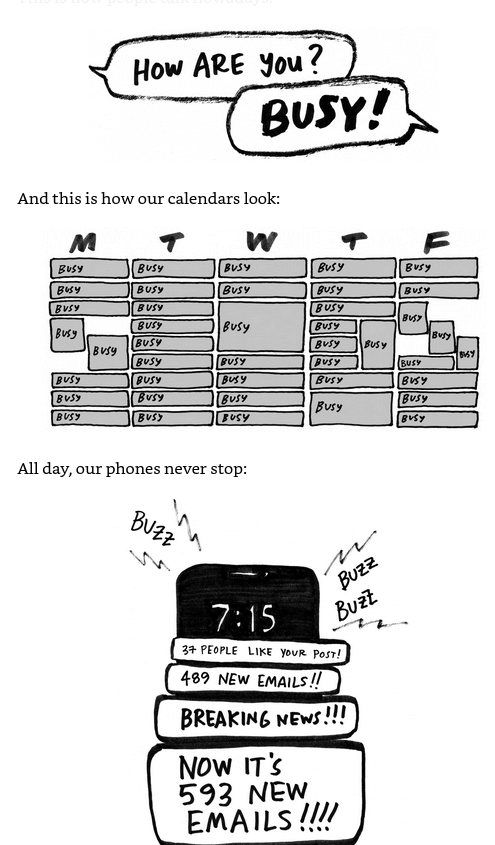
7. The Checklist Manifesto: How to Get Things Right
↘️ Ideal for: organized people, senior developers, FAANG developers
↘️ Topics covered: creating a checklist system
The Checklist Manifesto uses the story of a surgery checklist that reduced fatalities by over 1/3. You’ll also explore how a checklist saved a woman from drowning. These stories go on and show you how, on a smaller scale, you can use a checklist for to immediately improve your daily activities.
You’ll find that even front-end developers use checklists.
The Checklist Manifesto offers readers anecdotes of how checklists can improve efficiency and accuracy and, therefore, time management.
This is especially useful when you’re trying to decide on where to practice coding questions.
8. 15 Secrets Successful People Know About Time Management
15 Secrets Successful People Know About Time Management is one of the best time management books for inspiration from billionaires, athletes and entrepreneurs.
↘️ Ideal for: people seeking inspiration, code newbies
↘️ Topics covered: how billionaires manage time, priorities, social media
15 Secrets Successful People Know About Time Management is your no-nonsense guide to attaining peak time management skills. Through interviewing billionaires, athletes and entrepreneurs, you’ll discover:
- why not to use to-do lists
- how to cure procrastination
- how to reduce stress
- kick social media’s butt
Heck, you’ll even learn the morning routines of Arnold Schwarzenegger and Tony Robbins.
15 Secrets Successful People Know About Time Management touts the ability to double your productivity.
Now wouldn’t it be great if this worked while practicing systems design questions?
9. Scrum: The Art of Doing Twice the Work in Half the Time
↘️ Ideal for: professionals, computer programmers
↘️ Topics covered: Scrum
Scrum is the process of developing, delivering and sustaining products. It’s a term you’ll see frequently in software development, though there has been crossover in sales and marketing. And now you can use it, too.
Using insights from martial arts, robotics and judicial decision-making, you’ll learn how to do twice the work in half the time. You’ll tackle:
- deep accountability
- team interaction
- iterative improvement
Scrum offers you limitless possibilities with your newfound time management efficiency.
D’nelle couldn’t say enough good things about Scrum:
…This book doesn’t just apply to the world of work/employment – it’s useful for anyone looking to build or accomplish anything efficiently…
– D’nelle Dowis, Scrum enthusiast
10. The 12 Week Year: Get More Done in 12 Weeks than Others Do in 12 Months
The 12 Week Year is one of the best time management books for people with a high-stress/heavy workload.
↘️ Ideal for: high achievers, FAANG software developers
↘️ Topics covered: execution effectiveness, implementation
The 12 Week Year claims you’ll be able to accomplish in 12 weeks what others will do in 12 months. That’s because you’ll organize your priorities into a 3-month plan instead of yearly, creating a sense of urgency.
Throughout the book, the authors will guide you towards effective implementation and execution of prioritizing your most urgent tasks.
This is an awesome method for big software development projects where you’re required to work long hours, particularly at a FAANG.
The 12 Week Year is for both individuals and organizations seeking to improve their time management.
This can also be especially helpful when preparing to become a Python programmer on Codecademy or Educative.
11. Time Management in 20 Minutes a Day
↘️ Ideal for: everybody
↘️ Topics covered: advice, modern techniques
Time Management in 20 Minutes A Day uses digestible lessons and anecdotes to introduce strategic changes you can apply to every day life.
In addition to proven strategies to improve your time management, you’ll get helpful advice and learn about tech-related productivity aides such as productivity apps and digital planners.
Time Management in 20 Minutes a Day is useful for everyone who wants a general productivity boost.
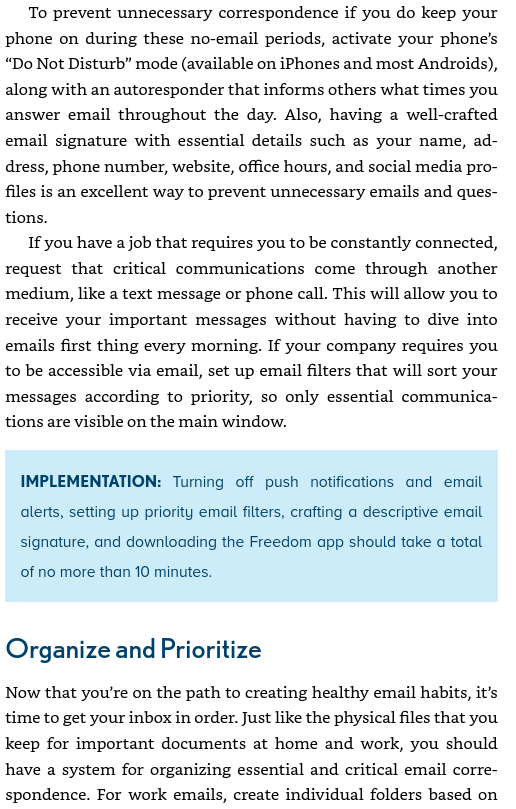
12. Getting Things Done: The Art of Stress-Free Productivity
Getting Things Done is one of the best time management books for increasing productivity.
↘️ Ideal for: professional and personal improvement
↘️ Topics covered: productivity, principles
Getting Things Done has sold hundreds of thousands of copies covering the core benefit of time management – productivity. You’ll learn about the time, space and tools needed to attain stress-free productivity at work or at home. And you’ll do it all while focusing on these principles:
- habits
- next-action decisions
- outcome focusing
- cognitive science
Now while working at a FAANG is hardly a stress-free environment, you can at least reduce your stress level and increase your productivity with Getting Things Done.
Getting Things Done focuses exclusively on increasing productivity.
13. Essentialism: The Disciplined Pursuit of Less
Essentialism is one of the best time management books for overworked individuals.
↘️ Ideal for: overloaded individuals, FAANG developers
↘️ Topics covered: systematic discipline
Essentialism aims to create systematic discipline with individuals who feel:
- overworked and underutilized
- busy but not productive
- like your time is being hijacked by others
After determining what is absolutely essential, you’ll learn how to eliminate anything that just doesn’t matter.
That way as a software development manager or FAANG developer, you can get back to working on your JavaScript projects.
Essentialism allows you to regain control of your time and productivity by focusing exclusively on critical tasks.
Noel B. sees that less is more with Essentialism:
… Doing less but better is where it’s at.
– Noel B., Essentialist
14. The Time Chunking Method
↘️ Ideal for: students, managers, business owners, FAANG software developers
↘️ Topics covered: time chunking method
The Time Chunking Method is a guide intended to help you increase your productivity whether at work or at home. With it’s 10-step action plan, you’ll learn how to manage your time more efficiently by:
- adjusting the plan to your personal workflow
- tackling task lists
- getting proper sleep
- setting proper goals
- preventing burnout
And much more.
The Time Chunking Method is a 10-step action plan where you’ll learn how to exponentially increase your productivity whether you’re working at a FAANG or elsewhere.
15. 168 Hours: You Have More Time Than You Think
168 hours is one of the best time management books for people who like to plan out their week.
↘️ Ideal for: busy people, project managers, FAANG developers
↘️ Topics covered: activity prioritization
There are 168 hours in a week. That’s the premise of 168 Hours: You Have More Time Than you Think. You’ll learn how map out your tasks by week, breaking down the hours, prioritizing important tasks, and completely eliminating the ones that aren’t beneficial.
So instead of playing Snood, it might be a good time to brush up on your Python for loops.
168 Hours: You Have More Time Than You Think is a handy reference for wiping out non-productive activities in your week-to-week schedule.
And that’s plenty of time to learn JavaScript in a month.
16. Manage Your Day-to-Day
↘️ Ideal for: overextended individuals, FAANG developers
↘️ Topics covered: routine, focus
Manage Your Day-to-Day touts a plan to help you build your routine and find your focus. It’s intended for individuals who are overextended in their daily lives… running like a chicken with your head cut off but feeling like you’re not getting anywhere.
With this guide, you’ll find a toolkit to tackle the challenges of breakneck daily responsibilities.
Manage Your Day-to-Day is for high-paced people with packed schedules.
Best Time Management Books: Conclusion
Today we looked at the best time management books including:
🔥 Best Overall 🔥
The 7 Habits of Highly Effective People
💸 Best Value 💸
Eat That Frog!: 21 Great Ways to Stop Procrastinating and Get More Done in Less Time
💥 Best for Techies 💥
The Pomodoro Technique: The Acclaimed Time-Management System That Has Transformed How We Work
So whether you’re a web developer under a deadline, a busy mother trying to organize your kid’s day, or some other time-consumed superhero, we think these are the best time management books out there. 🦸
Time-conscious people are also reading:
What is time management?
Time management is the process of organizing you time into manageable chunks based on what you need to get done throughout the day.
What are the best time management books?
Overall, we liked The 7 Habits of Highly Effective People. For value, we chose Eat That Frog! And for techies, we think The Pomodoro Technique is the way to go.
Is The 7 Habits of Highly Effective People worth it?
We think so. With over 40 million copies sold and thousands of 5-star reviews on Amazon, we think it’s one of the best books for transforming habits and time management.
What are some good time management skills?
Some good time management skills include organization, planning, communication, and goal-setting. Time management books are useful tools for laying out a game plan.
What are some time management tools?
Time management tools can include a calendar, notebook, time management apps and more. You can find some good time management apps on the Google Play store.
What are some time management techniques?
Some time management techniques include planning ahead, prioritizing tasks, having structure, and having a strong focus. With a bit practice, they’ll become second nature and turn into healthy habits.

